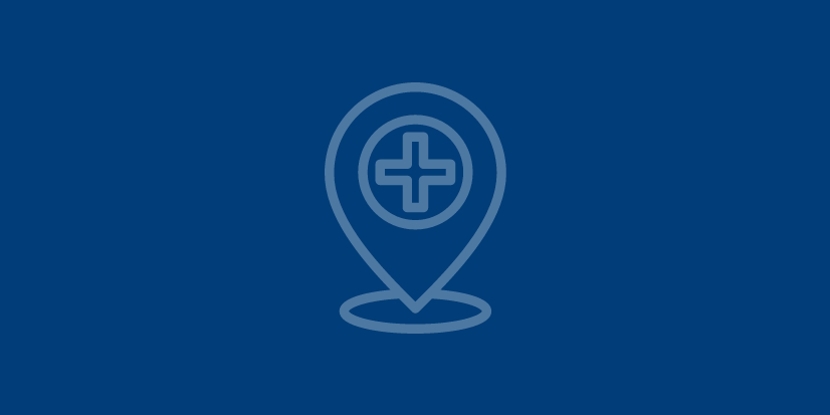Acute Coronary Syndrome
Acute coronary syndrome is a term used to describe a range of conditions associated with sudden, reduced blood flow to the heart.
The coronary arteries supply oxygen-rich blood to the heart muscle. If these arteries are narrowed or blocked, the heart does not get enough oxygen. This can cause unstable angina or a heart attack.
- Unstable angina happens when blood flow to the heart is suddenly slowed by narrowed coronary arteries. Or small blood clots can form in these arteries and slow blood flow. There may be no damage to the heart muscle.
- A heart attack means a coronary artery has been blocked and the heart has been damaged. Without blood flow and oxygen, part of the heart starts to die.
Any type of acute coronary syndrome needs to be treated right away. Acute coronary syndrome often causes severe chest pain or discomfort. It is a medical emergency that requires prompt diagnosis and care. The goals of treatment include improving blood flow, treating complications and preventing future problems.
Symptoms
The signs and symptoms of acute coronary syndrome usually begin abruptly. They include:
- Chest pain (angina) or discomfort, often described as aching, pressure, tightness or burning
- Pain spreading from the chest to the shoulders, arms, upper abdomen, back, neck or jaw
- Nausea or vomiting
- Indigestion
- Shortness of breath (dyspnea)
- Sudden, heavy sweating (diaphoresis)
- Lightheadedness, dizziness or fainting
- Unusual or unexplained fatigue
- Feeling restless or apprehensive
Chest pain or discomfort is the most common symptom. However, signs and symptoms may vary significantly depending on your age, sex and other medical conditions. You're more likely to have signs and symptoms without chest pain or discomfort if you're a woman, older adult or have diabetes.
Risk factors
The risk factors for acute coronary syndrome are the same as those for other types of heart disease. Acute coronary syndrome risk factors include:
- Aging
- High blood pressure
- High blood cholesterol
- Cigarette smoking
- Lack of physical activity
- Unhealthy diet
- Obesity or overweight
- Diabetes
- Family history of chest pain, heart disease or stroke
- History of high blood pressure, preeclampsia or diabetes during pregnancy
- COVID-19 infection

